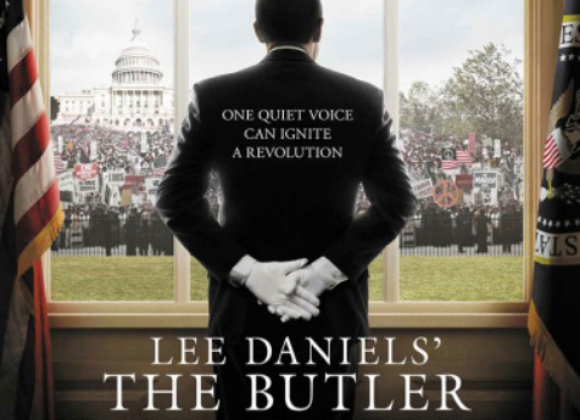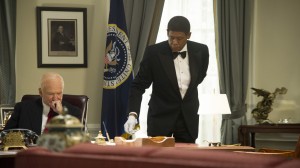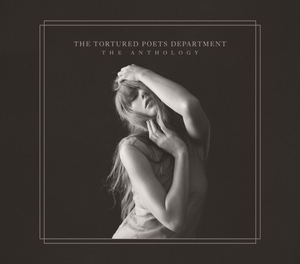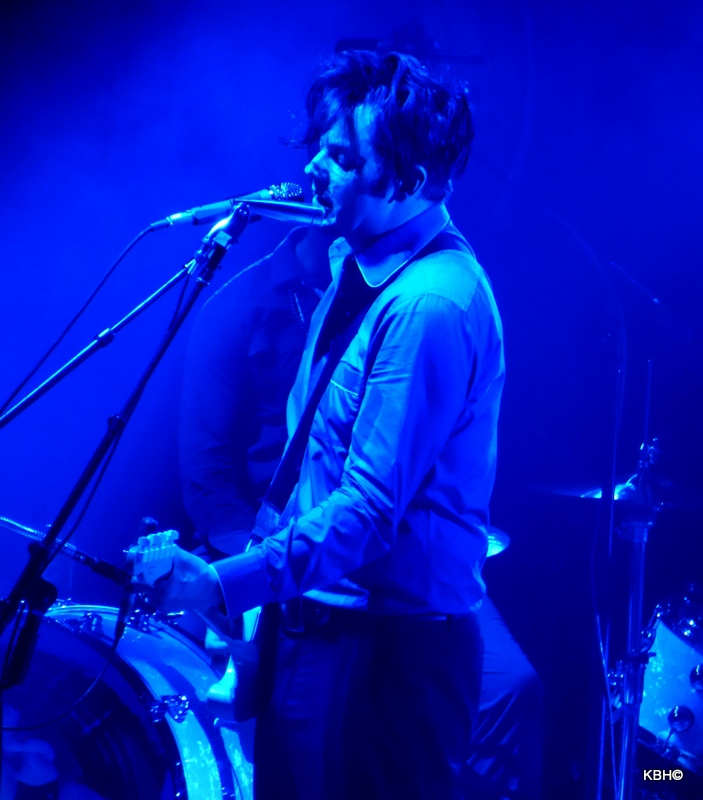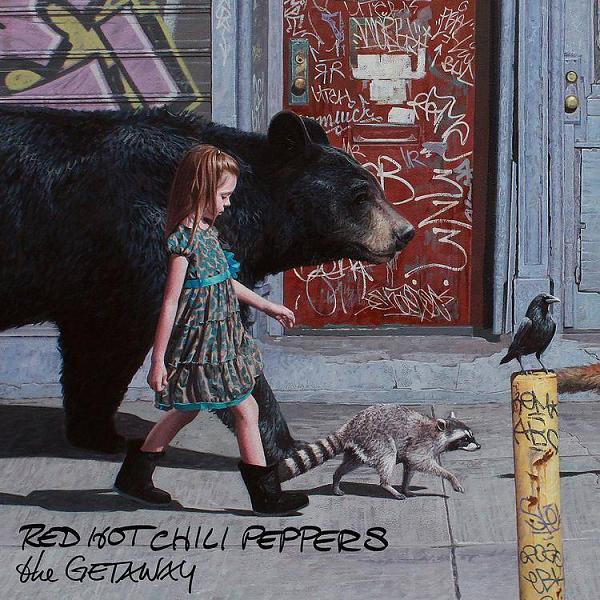Lee Daniels makes weird movies. His first directorial effort, 2005’s Shadowboxer, was a dark erotic thriller about an elderly cancer-ridden assassin (played by Helen Mirren) and her stepson/killing partner/lover (played by, of all people, Cuba Gooding, Jr.). His breakthrough film, 2009’s Precious, was a disturbing and depressing drama about a destitute, overweight black teenager (Gabourey Sidibe) and her abusive, less-than-savory mother (played by, of all people, Mo’Nique). And don’t even get me started on Daniels’ last film, The Paperboy, an audacious and unforgettable piece of southern Gothic camp that truly needs to be seen to be believed.
It’s only fitting that Daniels would follow up something as dark and aggressively polarizing as The Paperboy with The Butler, a safe, conventional, and occasionally bland crowd-pleaser that sometimes feels like it’s been manufactured by a Hollywood studio (in this case, The Weinstein Company) to win as many Oscars as possible next February. The Butler is not a bad film – it’s a lot better than the film’s trailers would suggest – but it’s certainly a bit of a disappointment, considering the incredible amount of talent in front of and behind the camera.
Based on the 2008 Washington Post article “A Butler Well Served by This Election,” The Butler tells the true story of Eugene Allen (here named Cecil Gaines), a butler who worked at the White House for 34 years. Forest Whitaker delivers an incredible performance as Gaines, who’s ordered at the beginning of his career to be always be invisible when he’s in the presence of the Presidents. “You hear nothing. You see nothing. You only serve,” the White House maître d’ tells him. “The room should feel empty when you’re in it.” That advice helps Gaines through eight Presidents, from Eisenhower to Reagan.
Perhaps the most daring element of The Butler is the casting of Oprah Winfrey as Gaines’ trashy-yet-devoted wife Gloria. Winfrey is stellar here; it’s easy to forget that the super-rich talk-show host and mogul is also an incredibly talented actress. (She earned an Oscar nomination for her performance in The Color Purple.) David Oyolewo and Elijah Kelly deliver strong performances as Gaines’ two sons; the former is a revolutionary who resents his country and his father, and the latter wants to fight for his country in Vietnam.The revolutionary, Louis, witnesses an almost Forrest Gump-ian number of historical civil rights events: Martin Luther King, Jr.’s assassination, the Freedom Riders, the Black Panthers, and the Greensboro sit-ins, to name a few.
Robin Williams, James Marsden, Liev Schreiber, John Cusack and Alan Rickman play Dwight Eisenhower, John F. Kennedy, Lyndon B. Johnson, Richard Nixon and Ronald Reagan, respectively. Each of the actors manages to deliver solid performances, even though they’re only in one or two scenes. Cusack, who starred in The Paperboy, is especially good as the slimy, duplicitous Nixon. Add in welcome supporting work from Gooding, Jr., Lenny Kravitz, Nelsan Ellis, Jane Fonda, Mariah Carey and Terrence Howard, and you have what is certainly the best ensemble cast of the year.
Unfortunately, the film devolves all-too-often into melodrama. Daniels is obviously a gifted filmmaker, but he’s certainly not a subtle one, and the script, written by Danny Strong, constantly pulls at your heartstrings, trying to remind you how incredibly important this story is. For every sharply written and emotionally arresting scene, there’s another one that will make you roll your eyes. Some of the dialogue is almost laughable. (“Everything you are and everything you have is because of that butler.”)
Still, The Butler is a moving film in spite of itself thanks to the performances, particularly the one at its center. Whitaker, who won an Oscar for portraying the ruthless dictator Idi Amin in The Last King of Scotland, is mesmerizing as Gaines, a powerful butler and family man who goes from living on a plantation to witnessing Barack Obama become the 43rd President of the United States. It’s a subtle performance in a film that could have used a little more subtlety.

